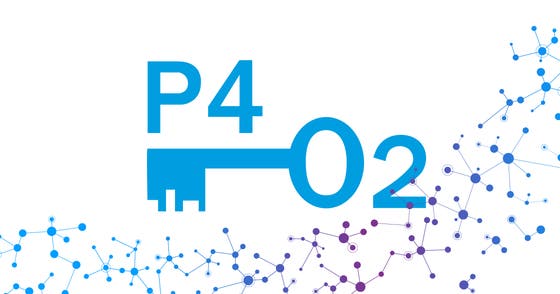Jun 25: Markers that predict risks for developing chronic respiratory disease after COVID-19

The COVID-19 extension of the Health Holland project “Precision Medicine for more Oxygen” (P4O2) aims to find those ex-COVID-19 patients who need extra attention to prevent the development of chronic lung disease. This became even more important with the outbreak of COVID-19. A broad consortium, with participation of UMC Utrecht, was recently built (research organizations, pharma, imaging and data analysis companies, patient representatives and more) to contribute to research that might prevent long-term consequences of COVID-19.
Lung Foundation Netherlands indicated that ~three months after the first symptoms of the virus, a large proportion of corona patients that were not hospitalized still had serious complaints. Almost 50 percent reported that they can no longer exercise, and more than 6 in 10 even have problems walking. It is likely that those who were hospitalized will also suffer from long-term consequences. The aim of the project is to find biomarkers to identify patients that will suffer from these symptoms for a long time and to find (leads for) useful interventions. This will have a large impact on the quality of life of these individual patients and on the economy through health care costs and participation in the economy.
This COVID-19 extension includes detailed biological analyses in ex-patients, environmental research, laboratory studies, and testing of a treatment that might prevent chronic complaints. Combining these different fields is innovative and big data approaches (that have significantly improved over the last few years) ensure that patterns in the data and groups will be found.
This project aims to increase the mechanistic understanding of factors leading to chronic COVID-19 complaints, to identify biomarkers for predicting severity and phenotypes of chronic COVID-19, and to develop novel methods for diagnosis and treatment of chronic COVID-19.
UMC Utrecht collaborates in the P402 project with Utrecht University, Amsterdam UMC, UMC Groningen and Maastricht UMC as well as 10 commercial partners (a.o. Philips and Boehringer Ingelheim).
